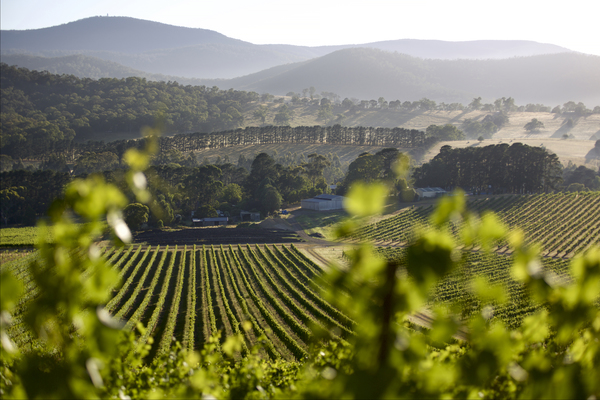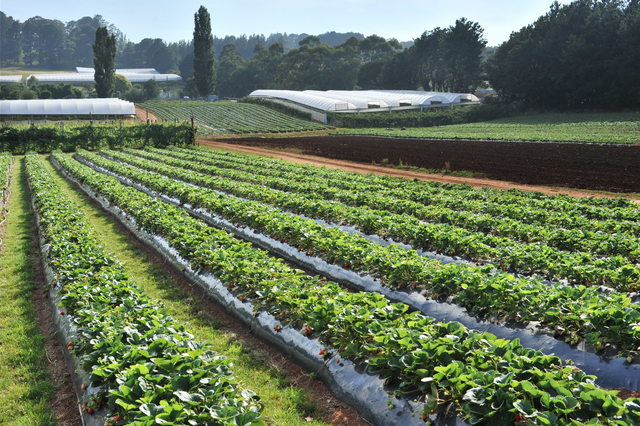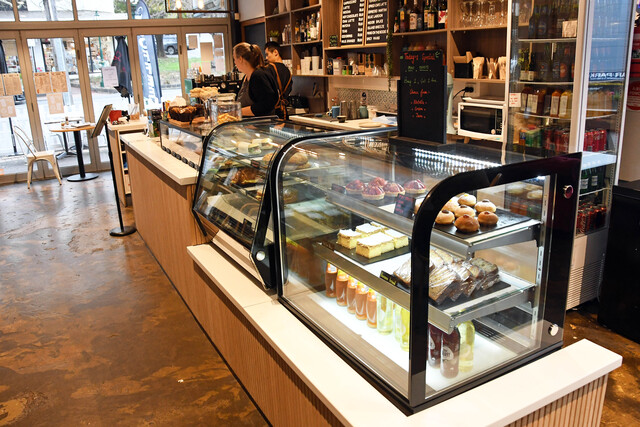Yarra Valley wine makers say they are ready to co-operate with an anti-dumping investigation launched by China last week.
The anti-dumping investigation into Australian wine could see tariffs placed on exports, further hampering an industry hit by the coronavirus pandemic.
Dumping occurs when a company exports a product at a price that is lower than the price charged in the country of manufacture. This may lead to measures such as an additional duty on dumped imports that have damaged the local industry.
Wine Yarra Valley CEO, Caroline Evans said the local wine industry was ready to be a part of the anti-dumping investigation.
“It would definitely have an impact on us if it happened,” she said. “China is a large exporter of Yarra Valley wines, but at the moment we’re a long way from there.
“We know there is going to be an investigation and our industry will step up and be involved in that investigation. We have faith in the system put forward to find that there has been no dumping of wine in that market.
“We’re confident in the processes and that the outcome will show the concerns raised to be unfounded.
“The investigation itself isn’t a crushing blow. But if there were tariffs placed on exports, we would be nervous about that. At this stage we’re not considering it’s going to happen.”
Ms Evans said that the wine industry had faced many challenges throughout the year including bushfire smoke tainting vineyards, a lower yield and now the coronavirus pandemic.
“What the wine industry has been through in the last eight months has been extraordinary. We’re a premium wine region and some of our key markets are our cellar doors, restaurants and our exports, so some of those have been completely cut off or become quite constrained.”
Ms Evans remains positive about the wine industry’s relationship with China going forward.
“We have Chinese investment in the region in the wine industry so we’ve got close economic ties.
“A lot of our wineries here have really close and commercially successful relationships with Chinese businesses, who are distributors of wine in China. We enjoy working with them and we would look forward to continuing this terrific relationship.”
University of New South Wales international economic law expert Dr Weihuan Zhou said, “This investigation is a normal anti-dumping action that all governments are permitted to undertake under the World Trade Organization rules.
“It should not be seen as a further escalation of the diplomatic tensions since Australia’s call for an independent probe into the origin of Covid-19.”
“Rather, it is more likely a typical tit-for-tat action in the narrow field of anti-dumping, as a response to Australia’s longstanding practice of treating China as a non-market economy in a series of anti-dumping investigations in the past decade.”
Dr Zhou said this marks China’s second anti-dumping action against Australia, while Australia currently has 18 (out of 27) anti-dumping measures on China.
“China has been considerably less aggressive in the use of such measures. But, given that China accounts for $1.1 billion in sales and is Australia’s largest export market for wine (i.e. nearly 40 per cent of Australian wine), this investigation will have significant impacts on Australian wine producers and exporters who may not find an alternative market of a comparable size. In comparison, Chinese importers may find it relatively easier to switch to other sources such as France,” Dr Zhou said.







